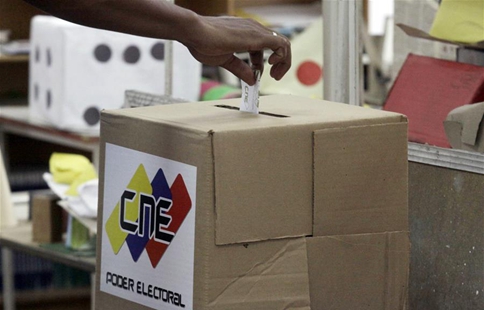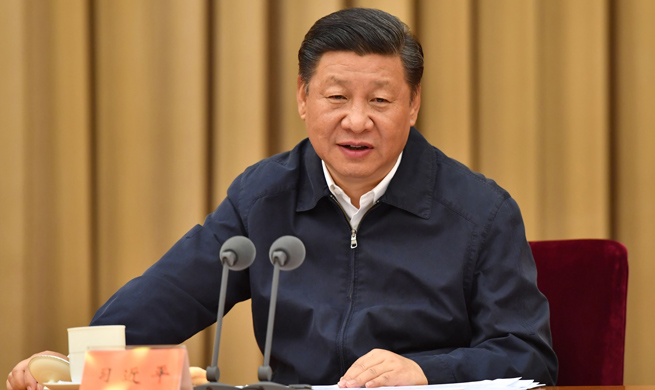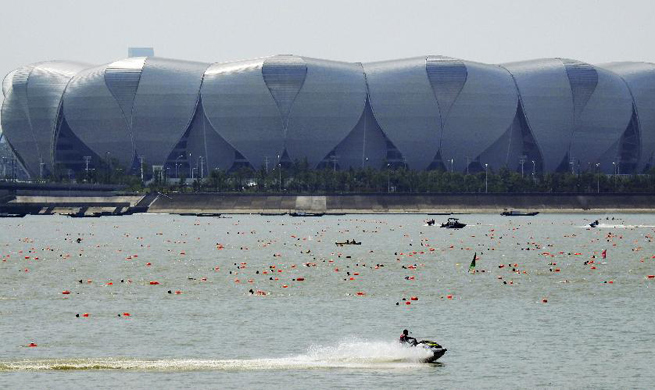NAIROBI, July 17 (Xinhua) -- The Central Bank of Kenya (CBK) on Monday maintained the country's benchmark lending rate at 10 percent to help check inflation which dropped to 9.21 percent in June from a five-year high of 11.70 percent in May.
The CBK Governor Dr Patrick Njoroge, who chaired the Monetary Policy Committee (MPC), said the apex bank will continue to closely monitor developments in the global and domestic economy, and stands ready to take additional measures as necessary.
"Overall inflation is expected to continue to decline over the next few months, supported by lower food and fuel prices," Njoroge said in a statement issued after the monetary policy organ's meeting in Nairobi.
He said the meeting was held against a backdrop of declining food prices, sustained macroeconomic stability, and continued resilience of the economy.
Month-on-month overall inflation fell to 9.2 percent in June from 11.7 percent in May 2017, largely due to decreases in food prices, particularly Irish potatoes, kales, tomatoes, cabbages, sifted maize flour, sugar, and milk.
The fall in prices of these key food items reflected the impact of the recent rains, and Government measures.
Non-food-non-fuel (NFNF) inflation has remained below 5 percent over the last seven months, suggesting that demand pressures remain subdued.
Njoroge said the banking sector remains resilient with improved performance indicators. Average commercial banks' liquidity and capital adequacy ratios stood at 44.7 percent and 19.6 percent, respectively, in June.
"The distribution of liquidity in the sector has also improved, although credit risk remains elevated as large corporates restructure their borrowings," he said.
According to CBK, the ratio of gross non-performing loans to gross loans rose to 9.9 percent in June from 9.6 percent in April, partly reflecting a decline in gross loans.
However, the ratio of net non-performing loans to gross loans has remained below 5 percent since December 2016.
The apex bank said growth of credit to the private sector fell further to 2.1 percent over the 12 months to May, partly due to significant repayments in manufacturing, transport and communication, and developments in the trade sector.
"The Committee continues to monitor the implications of the capping of interest rates on lending and the transmission of monetary policy," he said.
The economy remained resilient in the first quarter of 2017, recording a growth rate of 4.7 percent relative to the first quarter of 2016.
This performance, the CBK said, was supported by stable macroeconomic conditions, despite poor performance of the agriculture sector due to adverse weather conditions.
"Strong performance was recorded in the transport, real estate, construction, mining and quarrying, tourism, and information and communication sectors. This is despite the impact of the slowdown in private sector credit growth," he said.
















